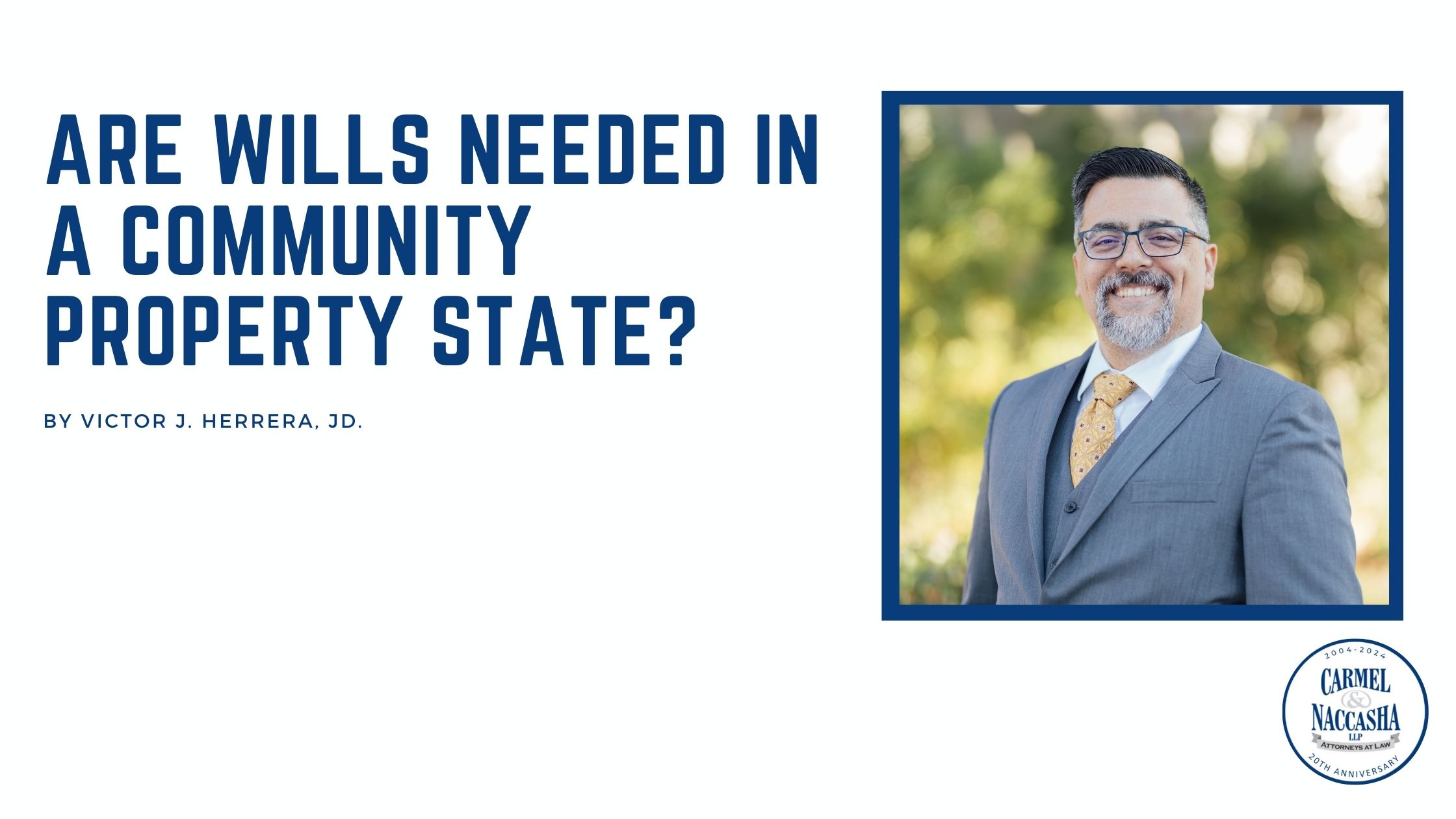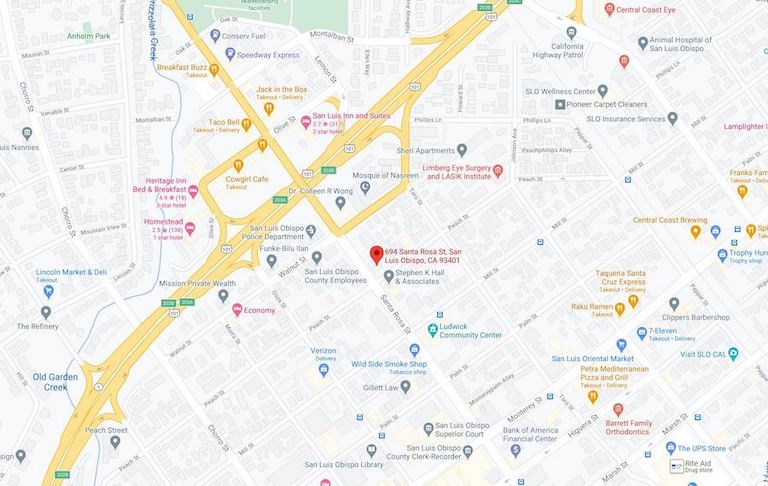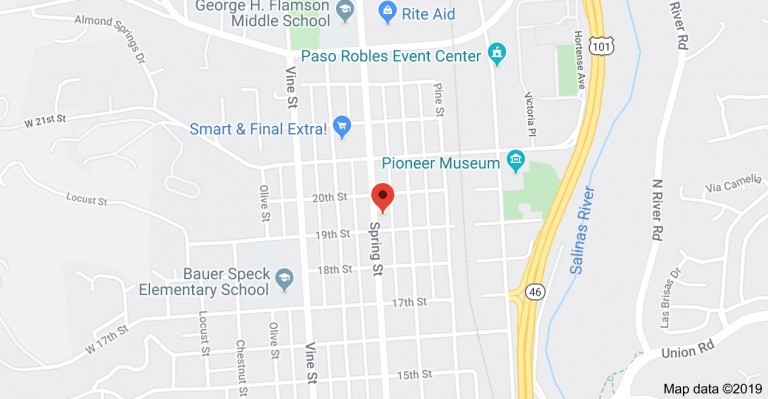A will is an important legal document that outlines how a person’s assets and property, held in their name, should be distributed after their death. In the context of a community property state, the need for a will may vary depending on the specific laws and regulations of that state.
Community property states, such as California, Texas, and Arizona, have laws that govern the ownership of property acquired during a marriage or domestic partnership. In these states, any property acquired by either spouse during the marriage is generally considered community property, meaning it is owned equally by both spouses. However, there are exceptions to this rule, such as property acquired through inheritance or gifts.
So, that begs the question, is a will needed in a community property state? While community property laws provide a default framework for the distribution of assets upon death, having a will can still be beneficial for several reasons.
The first thing to consider is a will allows you to specify how you want your assets to be distributed after your death. Generally, in community property states, without a will, upon your death, your community property assets will generally go to your surviving spouse. Your separate property assets will generally be divided equally between your heirs and your spouse. However, if you have specific wishes, such as leaving certain assets to other family members or friends, a will can ensure that your wishes are carried out.
Second, a will can be used to appoint a guardian for any minor children you may have. This is particularly important if you and your spouse were to pass away simultaneously or if the surviving spouse is unable or unwilling to care for the children. By naming a guardian in your will, you can have peace of mind knowing that your children will be taken care of by someone you trust.
Additionally, a will should name an executor, who will be responsible for managing your estate and ensuring that your wishes are carried out. This can help streamline the probate process and make it easier for your loved ones to handle your affairs after your death.
It’s worth noting that even in community property states, certain assets may not be subject to community property laws. For example, assets held in a trust, life insurance policies with designated beneficiaries, and retirement accounts with named beneficiaries may pass directly to the designated beneficiaries outside of the probate process. However, it’s still important to have a will to address any assets that may not fall under these exceptions.
If there is no will or living trust, assets would pass, according to state law, to the deceased spouse’s survivors. By example, if there are no children the surviving spouse may inherit everything. Depending on the number of children who survive the deceased spouse, the assets will be divided in different proportions.
While community property laws provide a default framework for the distribution of assets in community property states, having a will is still beneficial. A will allows you to specify how you want your assets to be distributed, nominate a guardian for your minor children, and name an executor to manage your estate. By having a will, you can ensure that your wishes are carried out and provide clarity for your loved ones during a difficult time.
Carmel & Naccasha Partner Victor Herrera specializes in wills, trusts and estate planning. If you have any questions about this article, please contact attorney Victor Herrera (vherrera@carnaclaw.com) or (805) 546-8785 for any further questions you may have regarding developing or revising a will, trust or estate plan.
About Carmel & Naccasha
Founded in 2004, Carmel & Naccasha has offices in San Luis Obispo and Paso Robles. The firm’s lawyers focus their practice and provide exemplary client services in the areas of business transactions, real property, land use, commercial and employment litigation, trusts and estate planning, municipal law, and insurance coverage. For more information about Carmel & Naccasha, visit the website at www.carnaclaw.com
Contact a Legal Professional
The information provided herein does not, and is not intended to, constitute legal advice; instead all information, content, and materials are for general informational purposes only. Neither this website nor this post are intended to create an attorney-client relationship.
If you have any questions, please contact Carmel & Naccasha, and for more details, read our full disclaimer.



